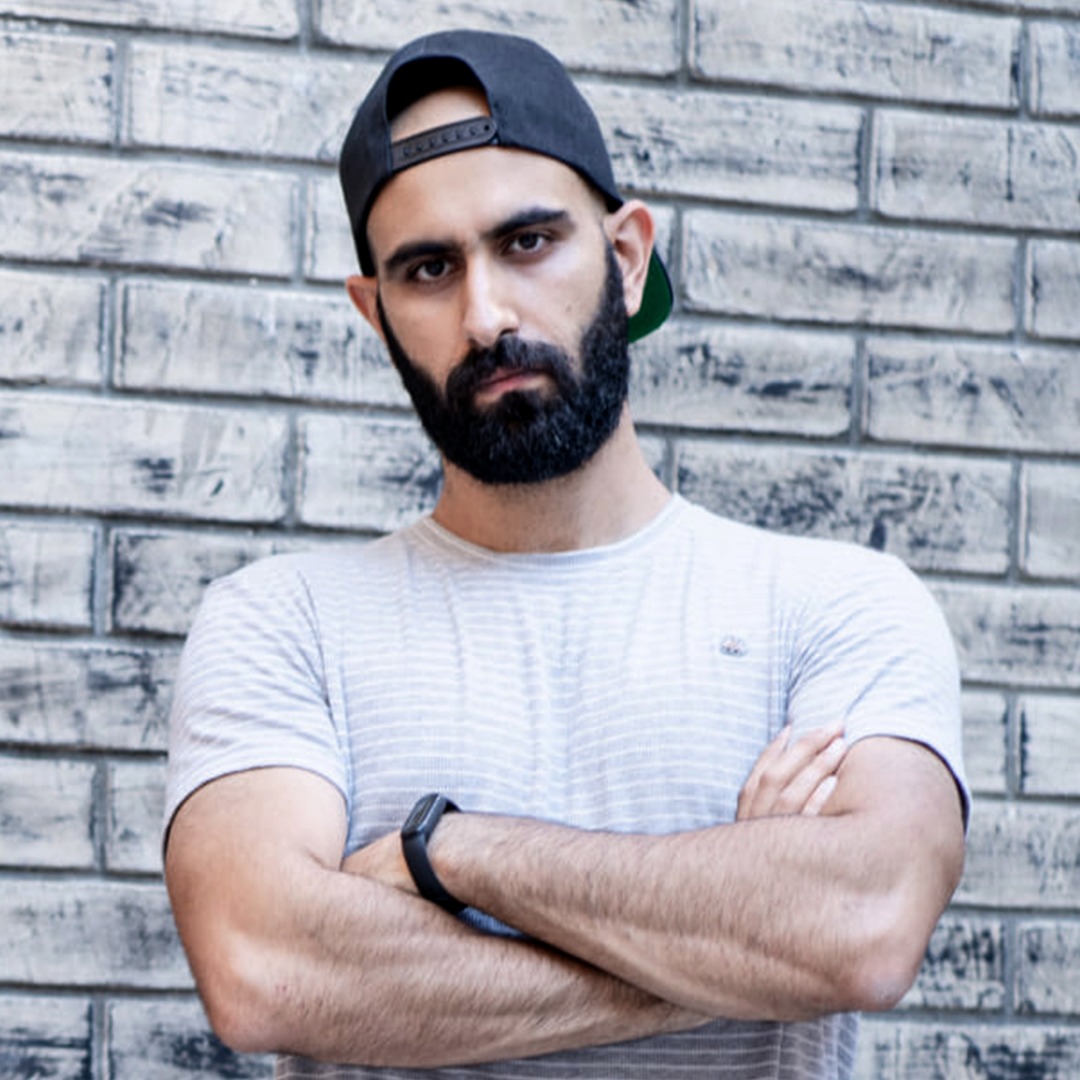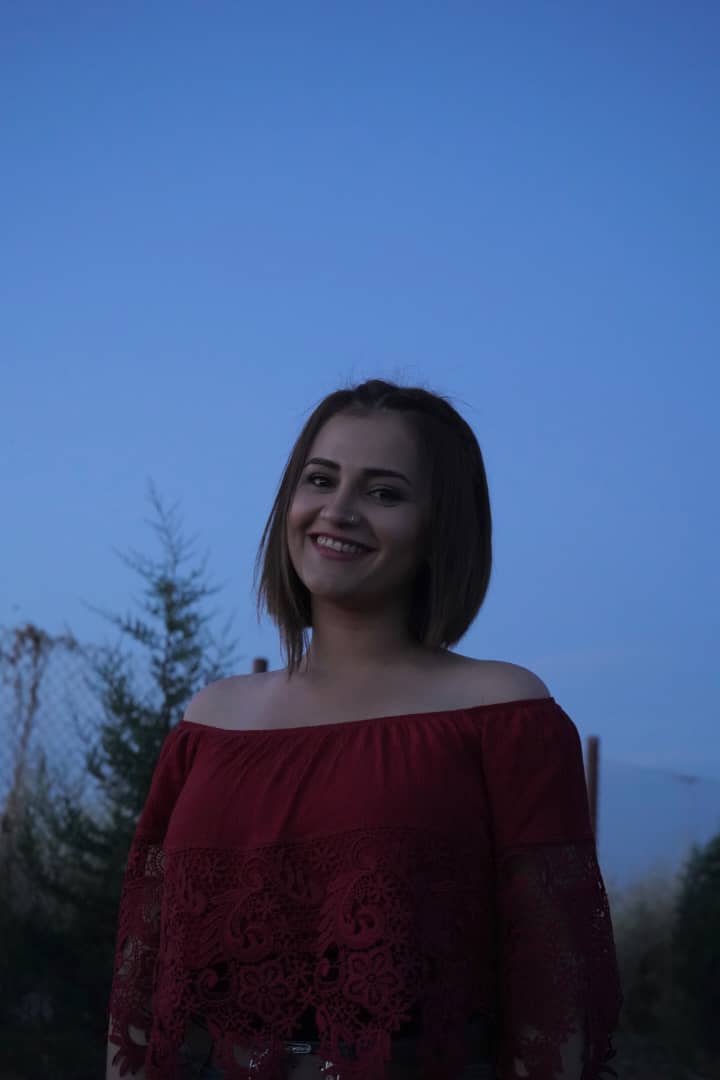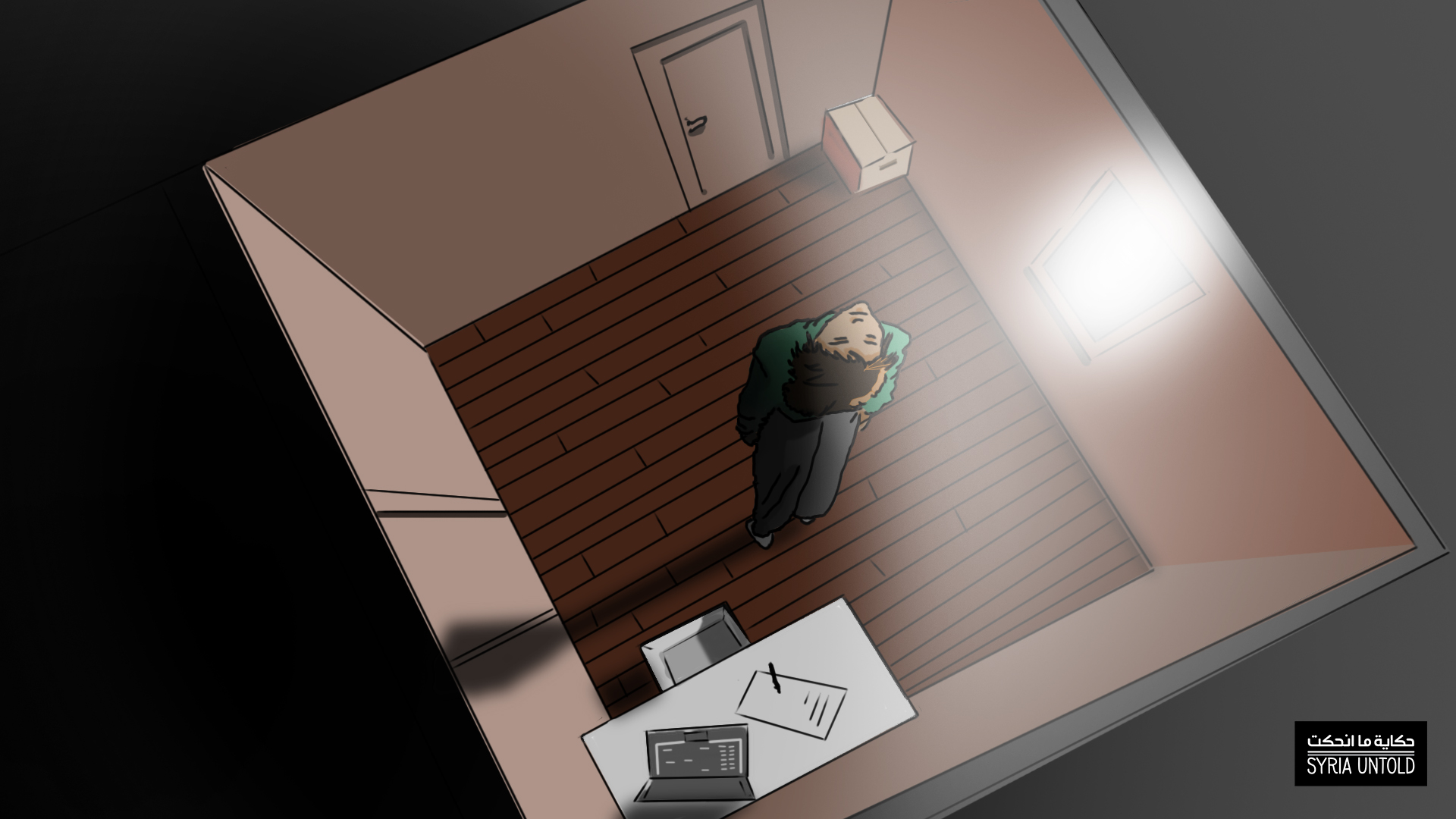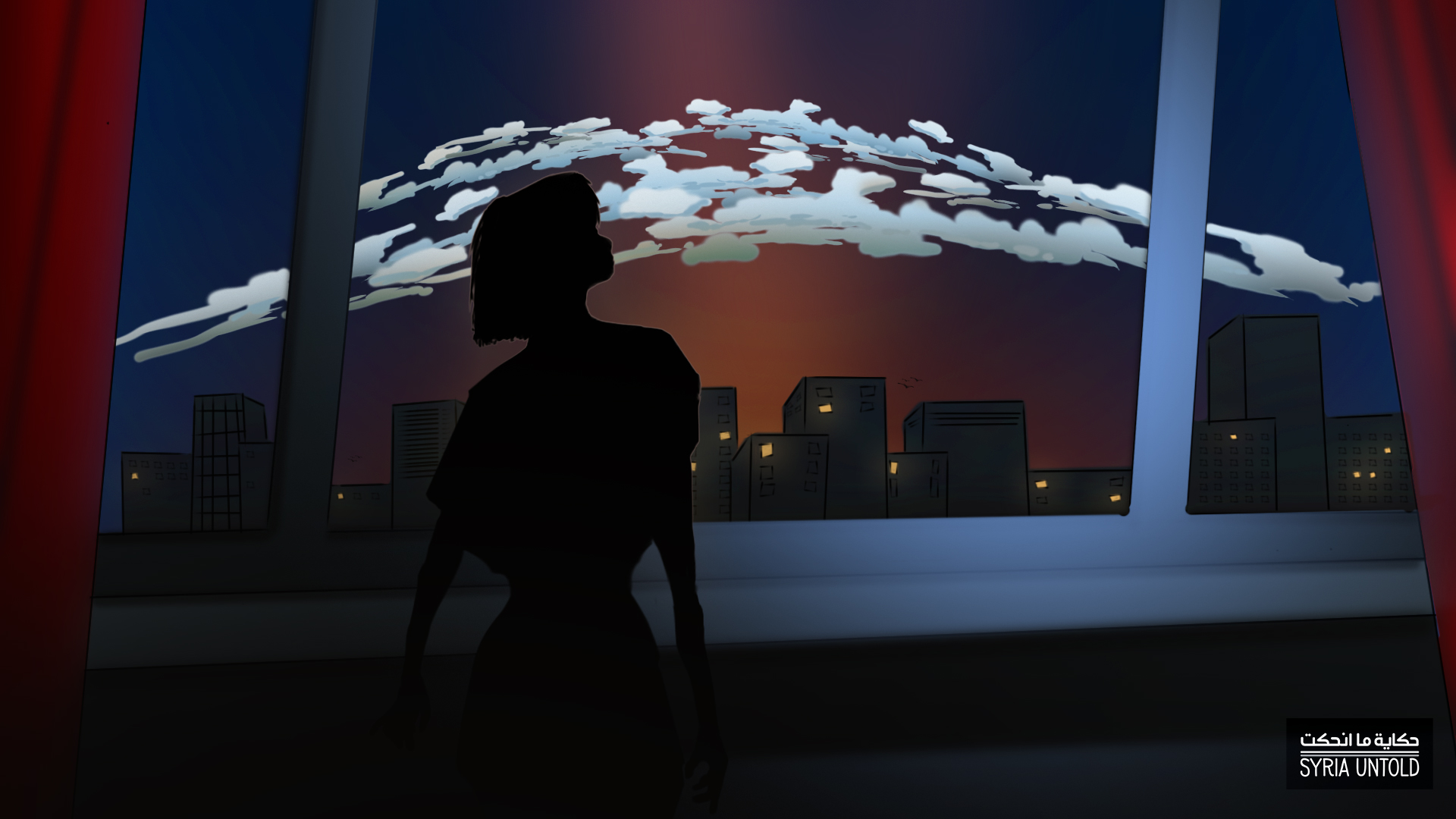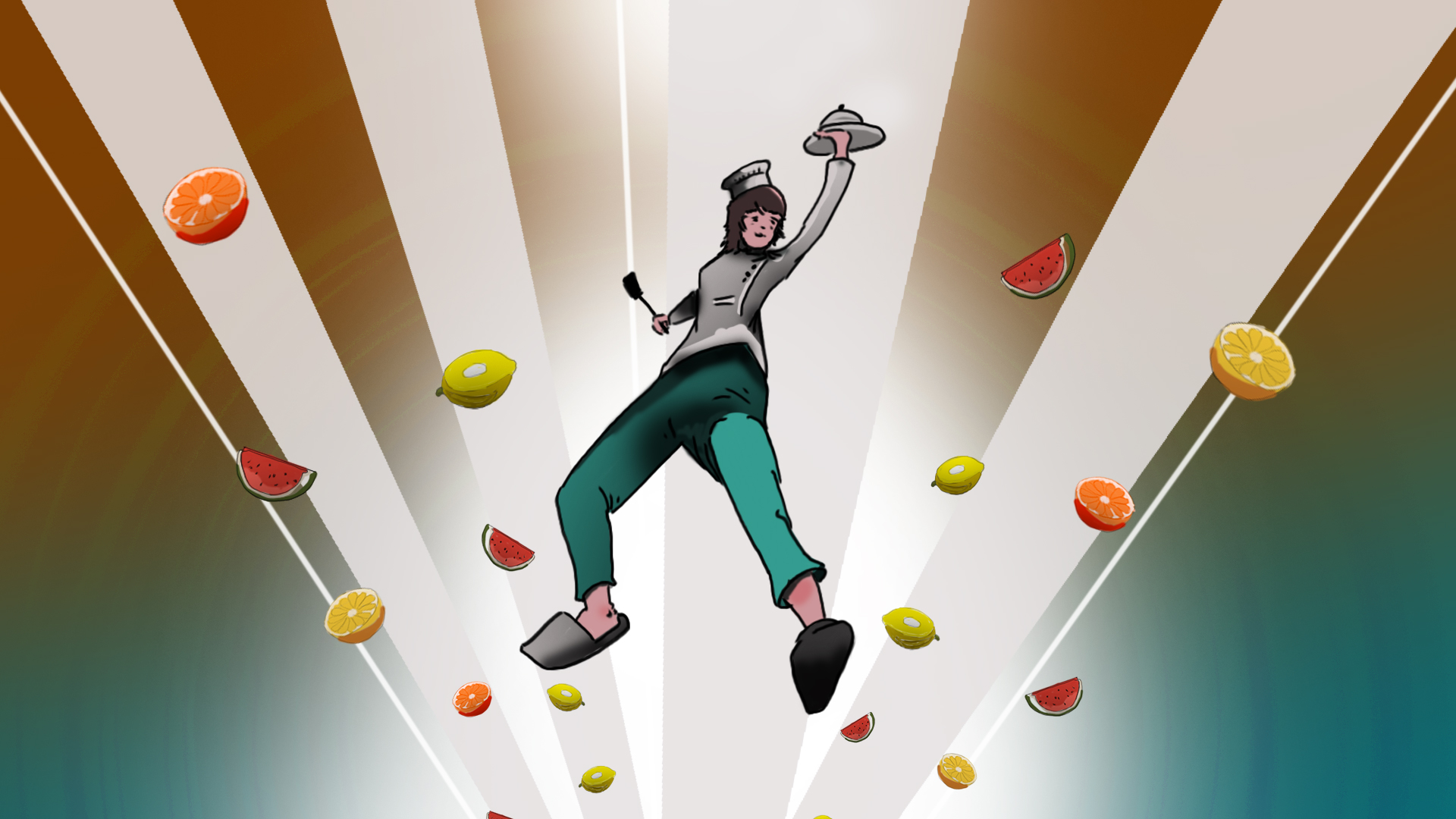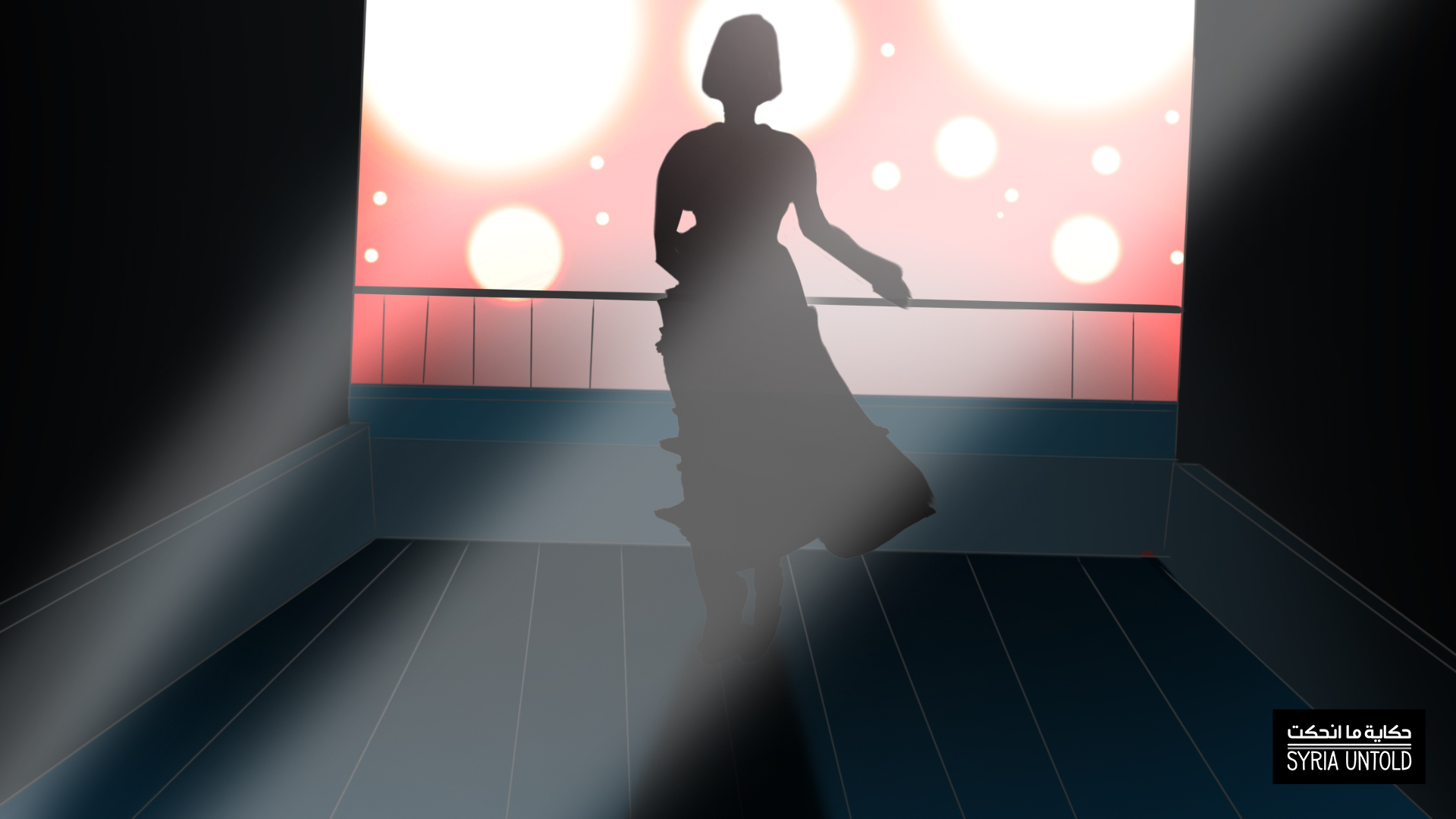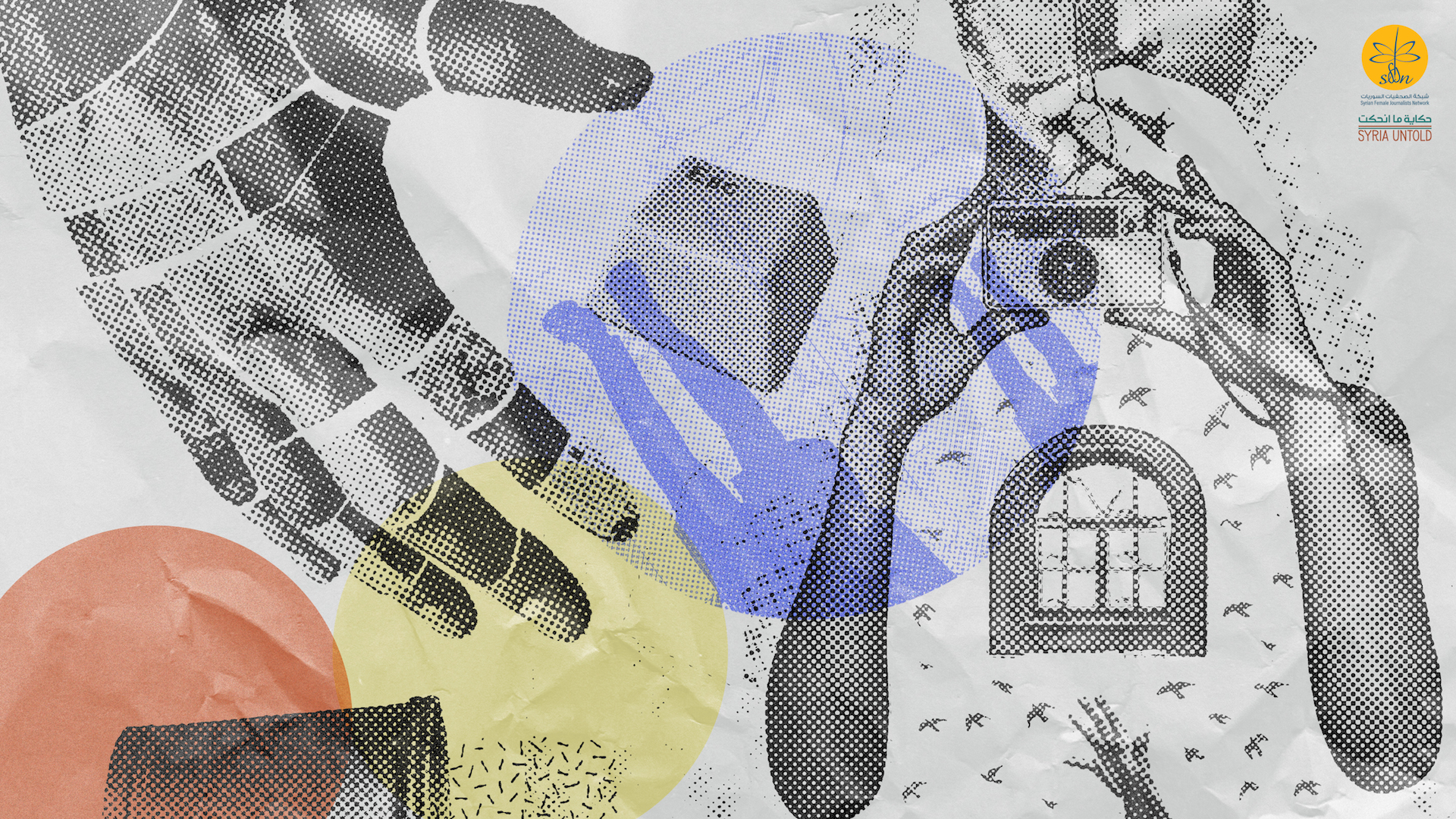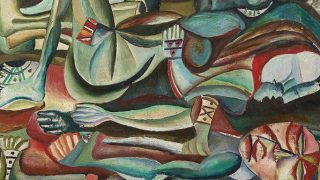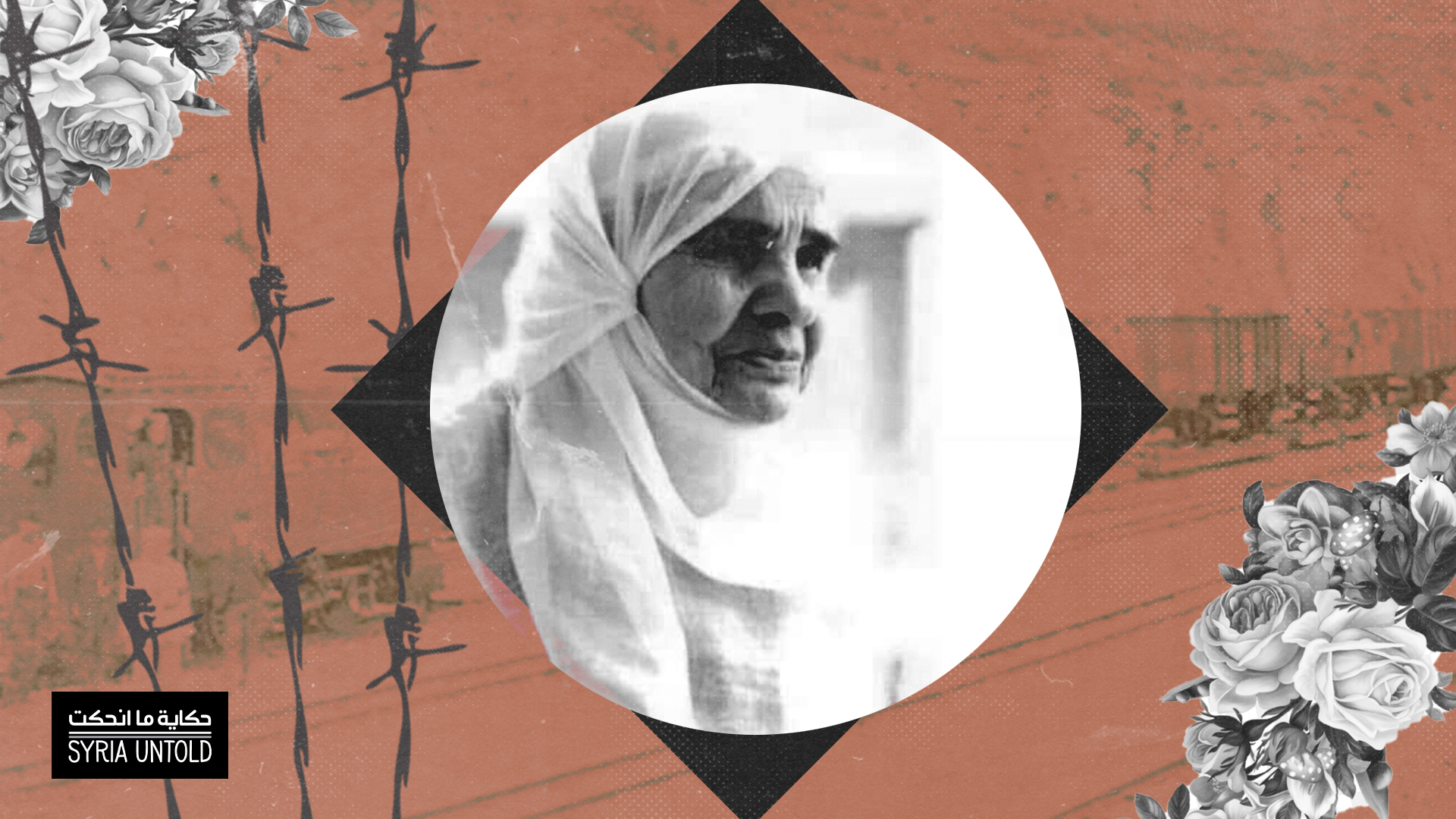SyriaUntold’s illustrator and multimedia editor Rami Khoury revisited Simav Hesen’s essay from 2020 about fragmented memories and lost plans amid coronavirus lockdown in Qamishli—now ever more relevant as the world grapples with the quickly spreading omicron variant.
Rami’s picture story is below, with snippets from Simav’s original written piece.
“Since the dawn of the first day, I realized I was locked up in a mansion in the middle of the woods, surrounded by confusion on every side. He told me a fatal pandemic, perhaps the plague, had taken hold of the outside world…”
With that sentence began the mesmerizing novel The World’s Last Pomegranate, by Iraqi Kurdish writer Bachtyar Ali. I began reading it before life as we had always known it ended.
Working from home was nothing new to me. Four years back, when it dawned on me that I preferred not to mingle with work colleagues, I gave most of my focus to jobs that allowed me to stay in my pajamas all day.
The motivation I felt during the first few days of staying home perhaps used up my energy for the whole month. It might not seem logical on both psychological and health levels, but two weeks in, I was certain of that.
I started experimenting with cooking, and I tried countless dishes for the first time. I photographed the birds I could see from my balcony, and mixed all sorts of oils and grains to make masks for my skin. I stalked every single hair on my face and removed it as soon as it appeared. I turned the kitchen into an office where I worked double shifts—cooking by day as soon as I woke up, and replacing the cutting board on the kitchen table with my laptop by night.
I watched the neighborhood from the balcony of my house. I think I live in one of the weirdest neighborhoods in the world. It is known for its dogs that bark all day, and a while ago, the two white donkeys that took to strolling around day and night, from street to street. They became the talk of the town. Our neighborhoods resemble us, just as we resemble our houses.
Bachtyar Ali’s hero wandered the ocean after he had been lost alone in the desert for 21 years. I thought about the coincidence that this book and I had met one another during quarantine. It is a novel written with bewitching realism, in its margins a sense of pandemic. It is like the coronavirus pandemic, impacting our reality, residing within the margins of our daily lives.


